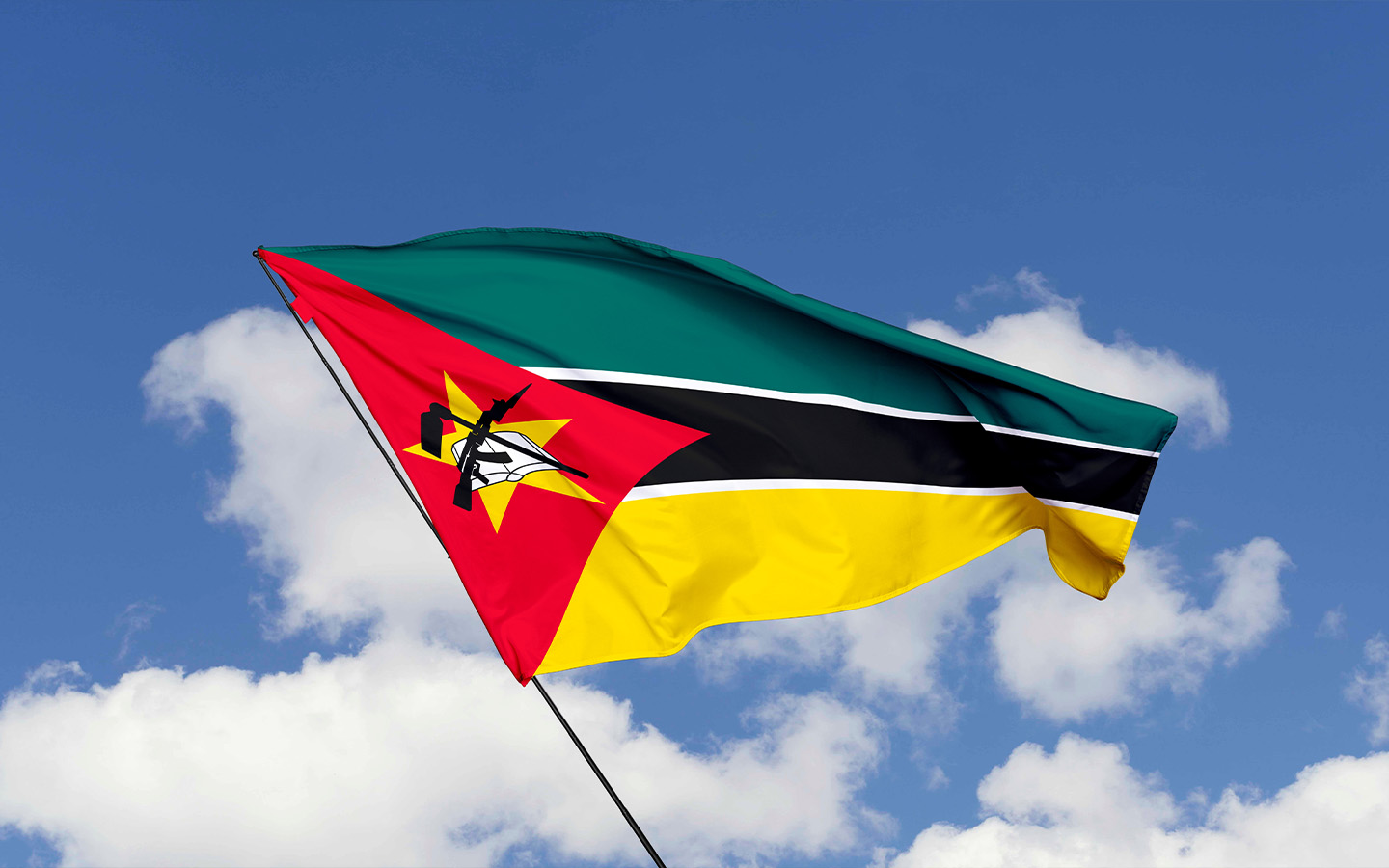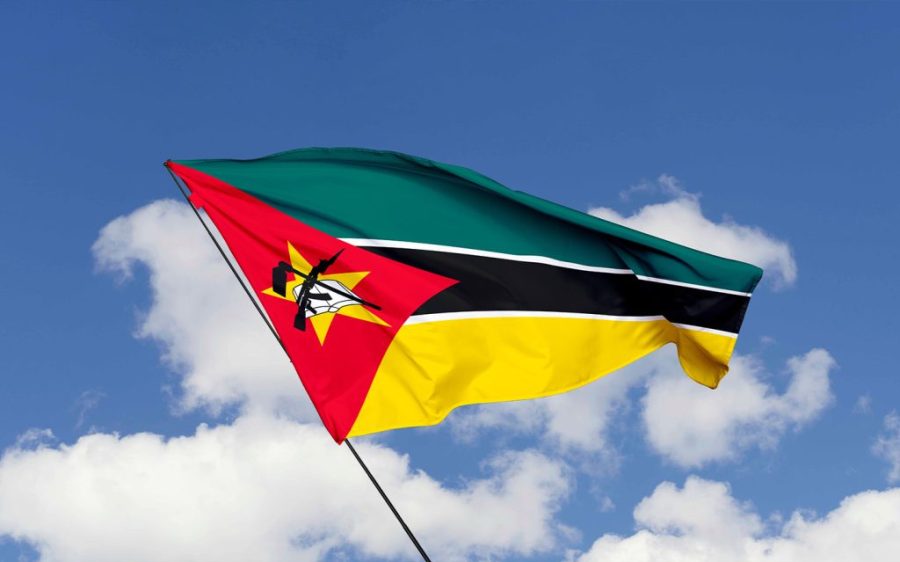Mozambican President Daniel Chapo is evaluating whether opposition leader Venâncio Mondlane should be offered a place in his new government, a position Mondlane said he was prepared to accept under certain conditions, reports the BBC.
In a pair of exclusive interviews, the British outlet spoke separately with the two men at the heart of deadly post-election protests that have rocked Mozambique over the last few months. Both gave the impression of being open to rapprochement, even as they continued to disagree on the election. Mondlane rejects his defeat, saying the vote was rigged, which Chapo denies.
Mozambique’s Constitutional Council, the final authority on elections, admitted to irregularities when announcing the final results in late December, but insisted that Chapo still won, having secured just over 65 percent of the vote. Mondlane claims that he won and held his own inauguration about a week before Chapo was officially sworn in on 15 January.
Three of the five parliamentary parties boycotted Chapo’s inauguration, including Renamo, MDM and Podemos, which backed Mondlane’s presidential run. Seven more people were also killed while protesting Chapo’s swearing-in, bringing the total number of deaths to over 300 and underscoring that intense opposition to Chapo’s ruling Frelimo party is far from over.
Mondlane, who has directed the protest movement since late October, told the BBC that he would suspend protests for the first 100 days of Chapo’s term on three conditions: the unconditional release of the approximately 5,000 people currently being detained for protest; financial compensation to the families of those killed in the protests; and free medical treatment for about 200 people injured by police.
[See more: Mozambique inaugurates Daniel Chapo as its president amid ongoing protests]
Meeting these demands would “open a window” for negotiations. Mondlane told the BBC. When asked if he would be willing to work in Chapo’s government, he replied: “Yes, if he has a genuine interest to work with me.”
For his part, Chapo emphasised that he aims to “govern in an inclusive way” and to introduce reforms to address concerns about the electoral law, human rights and freedom of expression. If true, it would represent a significant shift from his authoritarian predecessor who oversaw the brutal crackdown on post-election protests.
Chapo added that inclusion of anyone, including Mondlane, in his government depended on evaluations currently being carried out by his team. “If the team reaches the conclusion that these people have the right profile, they will be part of the government. Those who do not have that profile, will not take part,” he told the BBC.
Despite representing the party that has ruled Mozambique for nearly half a century, Chapo has tried to position himself as a change candidate, appealing to young voters fed up with Frelimo rule.
He told the BBC he wanted to attract more investment, creating a “more dynamic” economy that served young people, allowing them to “build their homes, establish their families and stabilise their lives.”






